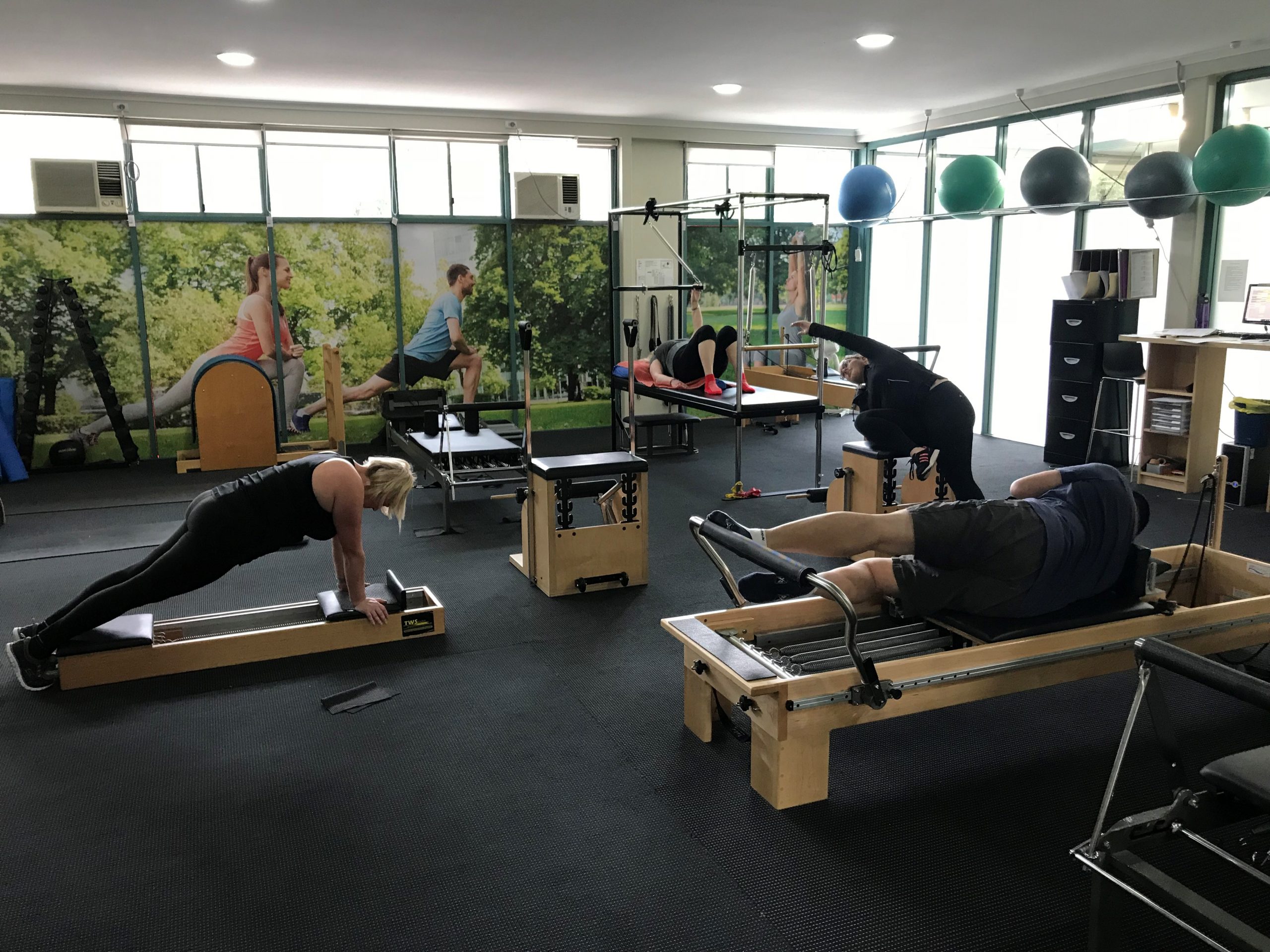Written by Laura Anderson, Physiotherapist and Pilates Instructor at Lifecare Ashburton
Pilates is a form of exercise that is suitable for just about anyone. It uses a system of exercises designed by Joseph Pilates in the 1920s and is designed to improve strength, posture, flexibility and overall physical fitness.
Pilates is offered in a range of different class settings, which can sometimes make it confusing when trying to choose the right option for you.
Clinical exercise sessions are run by experienced physiotherapists with postgraduate training in the Pilates methodology, which means they have extensive knowledge of musculoskeletal anatomy and rehabilitation from orthopaedic and sports medicine conditions.
This difference is important as most Pilates instructors don’t have such in-depth knowledge and understanding of the human body.
Some of the advantages of choosing clinical exercise sessions over ‘regular’ Pilates (such as a gym based Pilates classes) are:
- Clinical exercise sessions are small – a maximum of 4-5 per class allowing for plenty of 1:1 attention
- Importantly, each participant gets an individualised program specific to their needs.
- Private health insurance can be used to claim on the cost your clinical exercise session
Prior to commencing clinical exercise sessions, a thorough assessment is undertaken to understand how your body moves and to develop a personalised Pilates program.
We understand that everybody’s goals are different, so it is important that you have a tailored program that is specific to what you want to achieve.
The beauty of these individualised programs is that they are dynamic – there is the ability to alter them from week to week if any issues arise or if your goals change.
Most Lifecare clinics offer clinical exercise sessions on site within spacious studios which comprise of all the latest Pilates equipment including reformers and trapeze tables.
The classes are run by experienced physiotherapists, which means that you will receive specialised guidance and advice on your technique.
Pilates continues to be a popular exercise option for people of all types due to its versatility.
Pilates can be of great benefit if you are:
- Recovering or undertaking rehab from an injury or surgery: Pilates can help to regain lost strength, balance and motor control. It’s a great way to transition back to sport or to return to your everyday activities.
- Employed in a typical office desk setting: prolonged sitting often leads to poor posture, which in turn can result in back or neck pain. Pilates can help correct your posture and also to stretch out those sore or tight areas.
- A Sports enthusiast/athlete: Pilates can help to fine-tune the skills required for all sports. It can add that extra dimension to your current training program, and increase sports performance. Plus, it’s a great way to help prevent injuries.
- Pre- or post-natal: Pilates can be tailored to suit women who are pregnant to help manage the physical changes involved with pregnancy and prevent pregnancy-related symptoms like back pain. Pilates also has a big role with post-partum recovery and can help women strengthen their pelvic floor.
- Social interaction: Pilates are a fun way to meet like-minded people who enjoy working out in a fun environment.
- Maintaining strength after 50: Strength and balance often decrease after this age however appropriate exercise can dramatically slow the losses and in some cases reverse them! Pilates provides an opportunity to improve strength without the sometimes intimidating environment of a gym.
It’s easy to see why so many people are drawn to Pilates –it’s just so versatile! If you’re not already doing Pilates, book in today and let us help you start achieving your goals!

